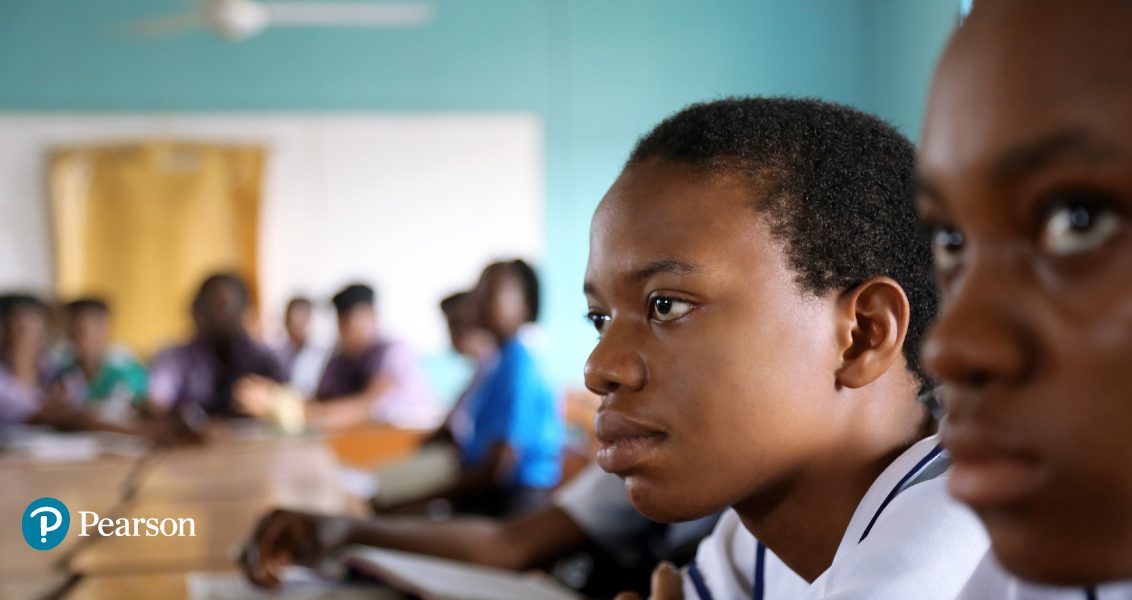
The terms ‘international education’ and ‘international school’ do not always share the one-to-one relationship that might be assumed. It is indeed possible to experience an ‘international education’ in an institution that does not consider itself to be providing one. Conversely, it is also possible to attend an ‘international school’ and yet not receive an international educational experience.
Most teachers and schools that call themselves international have a definitive set of values, which I assume are not too dissimilar to those promoted by the UNESCO declaration of 1996 (universal, valuing freedom, intercultural understanding and non-violent conflict resolution). This creates a dilemma: what happens when an unstoppable force (such as the forward march of female empowerment) meets an immovable object (such as the belief system of a culture that doesn’t believe in female empowerment)?
In an international environment, a universal value such as ‘women should be treated equally to men’, will be on a collision course with any culture that does not accept that value.
How should teachers navigate an environment that contains deeply opposing views?
There is no point trying to suggest that a teacher’s classroom does not contain explicit values education. While explicit values education can be controversial, schools and teachers, by their very presence, instill an implicit set of values in their students.
Aside from the usual behavioural codes (don’t steal, bully, cheat, or run in the corridor) it is unlikely that all stakeholders in international education will agree to what constitutes a definitive set of moral values.
It may be that a definitive set of values is ideal, but that does not mean there should not be dialogue about how they manifest themselves in the classroom.
There needs to be an acceptance that debate is a healthy act in itself, and to encourage schools and teachers to seek out argument and disputation for its own sake – to take ideas apart and expose them to sunlight.
Therefore, I am calling for more dialogue, more debate, more disputation. There has to be a little bit more allowance for fireworks in the staffroom and the classroom, an acceptance that life is a little duller if we all agree all of the time.
Moreover, this may mean we are a little bit more personal when we teach. It could mean:
- We have to be reflexive when we teach by acknowledging our biases and how they impact our teaching. Attempts at ‘balance’ can come across as too forced – integrity and honesty work better with students.
- We have to make ‘best judgements’ about value statements, based on secure knowledge foundations when the research allows it, without worrying about who will be upset and why.
- We have to distinguish between our feelings and our thoughts and be aware of how they interact, and show students how they shape who we are.
In short, we have to get used to acknowledging, navigating and communicating the constraints and impositions on our own knowledge while acknowledging, navigating and communicating our personal journeys to students and colleagues, and asking ourselves how they impact our teaching and learning.
In my classroom
For my own psychology classroom such assumptions mean I talk more about my own point of view but explain why I think the way I do. I also make an effort to explain the position of ‘the other’; no matter how alien it appears to me, I make an effort to know what others think and attempt to explain why they think it.
Moreover, giving students access to my own thought processes is a lot more honest than pretending I am being ‘objective’ and ‘balanced’ while pretending female empowerment is some universally accepted idea. Because it isn’t. If something as definitive and decent as female empowerment is to be enacted successfully then our students (and future leaders) need to hear and understand the forces ranged against it.
In sum: Talk more, listen more, shut down debate less, and do not allow those who are easily offended to dominate proceedings.
About Dr Christian Bryan
Dr Christian Bryan is a co-author of the latest edition of Psychology for the IB Diploma. He has been teaching IB Psychology in international schools since 2002. He also teaches Global Politics and Theory of Knowledge.

